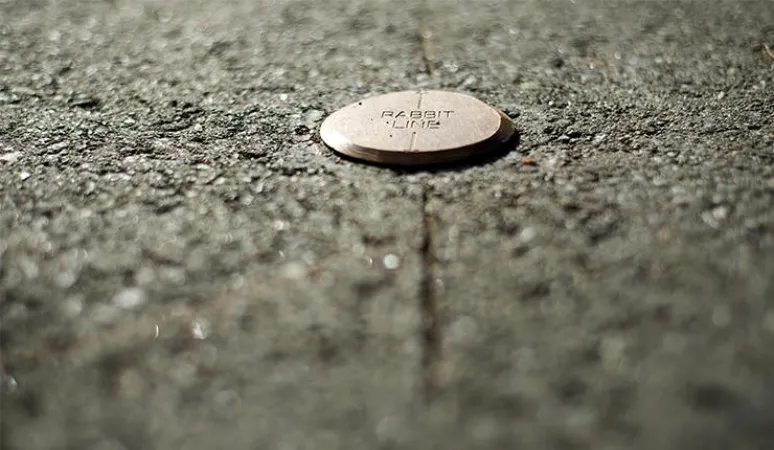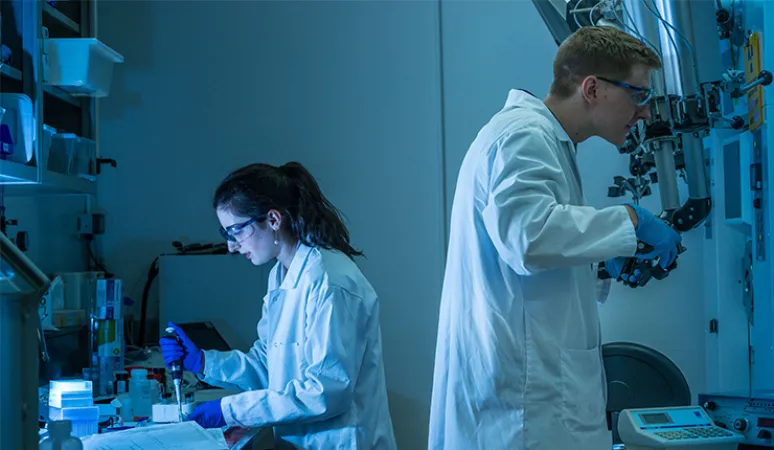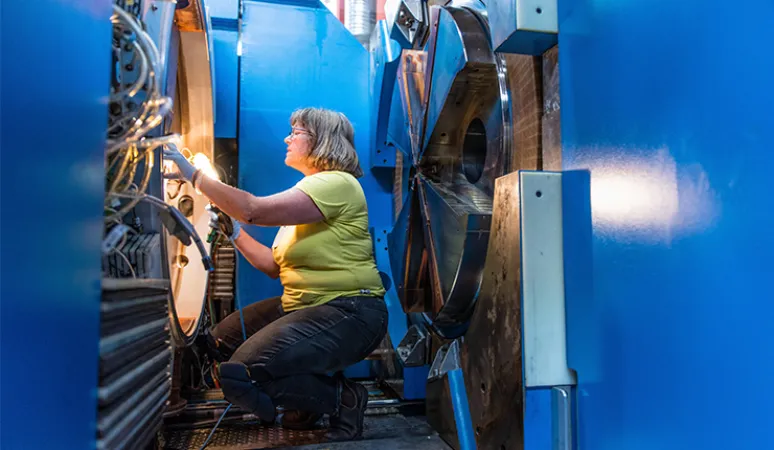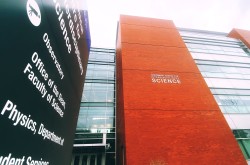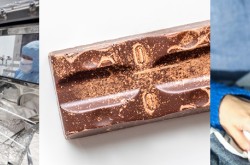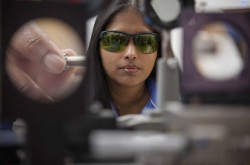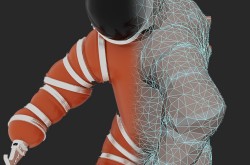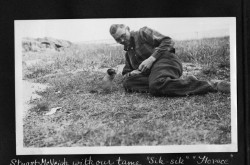Down the Rabbit Line - Transporting Medical Isotopes
This article was originally written and submitted as part of a Canada 150 Project, the Innovation Storybook, to crowdsource stories of Canadian innovation with partners across Canada. The content has since been migrated to Ingenium’s Channel, a digital hub featuring curated content related to science, technology and innovation.
Medical isotopes have become powerful tools in the fight against disease, allowing researchers and doctors to visualize and treat illnesses with unprecedented accuracy and efficacy. However, the very mechanism that makes radioisotopes so useful, radioactive decay, poses serious obstacles for supply management systems. Depending on the half-life of the particular isotope, medical isotope compounds can lose their effectiveness in a matter of hours.
TRIUMF, Canada’s National laboratory for particle and nuclear physics and accelerator-based science, is one of the world’s largest producers of medical isotopes. TRIUMF supplies the radiology department in the nearby University of British Columbia (UBC) hospital with many of the isotopes used in its research programs. To overcome the issue of prompt isotope transportation, TRIUMF came up with a highly unique solution: an underground pneumatic pipeline.
The pipeline, also called the rabbit line, is buried 1.5 meters beneath UBC’s main road and carries ‘rabbits’ 2.5 kilometers to the radiology department at the hospital. TRIUMF’s ‘rabbits’ are custom-made aluminum capsules that carry and protect glass vials of the requested, liquid radiopharmaceuticals. The first iteration of capsules was made of a white plastic with clips that resembled rabbit ears and although no longer used, the name remains. Using air pressure of approximately 100 psi (pounds per square inch), rabbits travel the distance in about 125 seconds, beginning with speeds over 300 km/hr and quickly slowing to an average 70 km/hr.
TRIUMF produces radioisotopes using its TR-13 medical cyclotron and incorporates them into radiotracers within its chemistry labs before delivery. Radioisotopes are shipped about three or four times a day and used to study diseases such as cancer, Alzheimer’s, and Parkinson’s.



